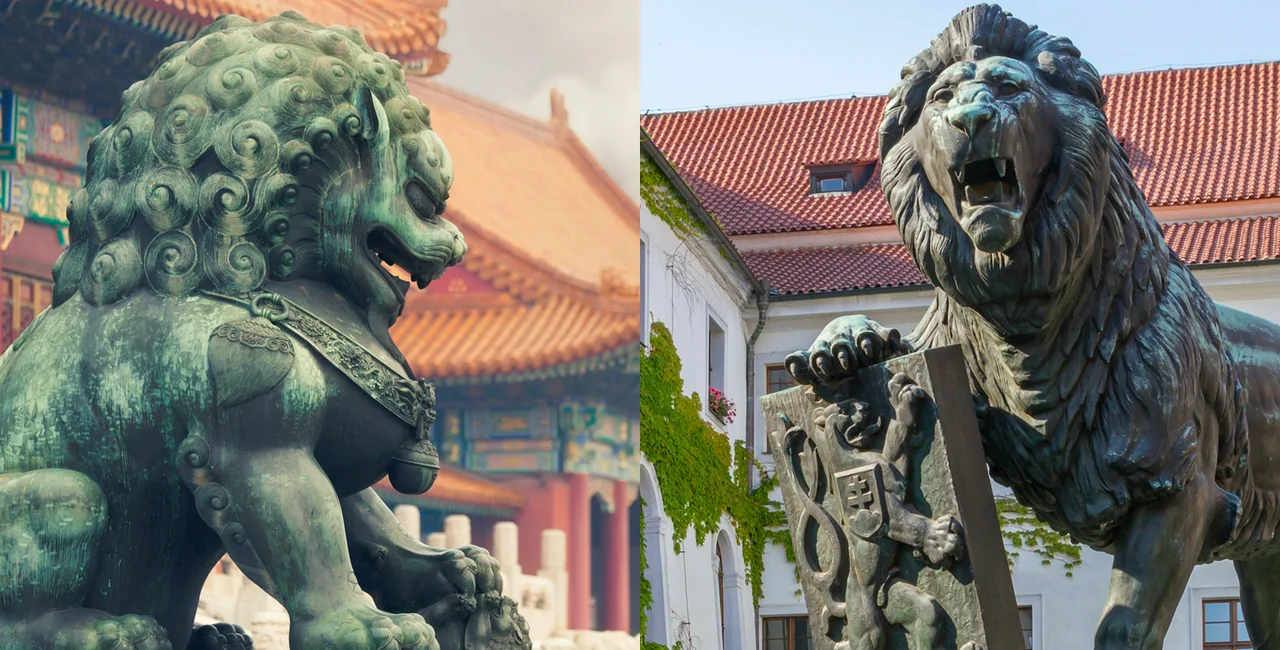New York/Prague, Nov 24 (CTK) – The development of the partnership agreement between Prague and Beijing “has illuminated the ways China uses its economic clout as it tries to get its way diplomatically and looks to secure a foothold in the European marketplace,” The New York Times (NYT) has written.
“The Czech Republic is one of the smaller nations that Beijing has most aggressively courted,” NYT writes.
PARTNER ARTICLE
The paper describes the development after Mayor of Prague Zdenek Hrib (Pirates) started the efforts to delete the clause acknowledging the one-China policy from the “sister-cities” deal.
The paper also highlights the incident from the New Year’s meeting of Hrib with diplomats from which Hrib refused to expell a Taiwanese diplomat, although he was urged to do so by the ambassador of China.
“For Mr. Hrib, who had been elected just two months earlier, it was the first skirmish in a diplomatic spat that would culminate with Beijing and Prague severing ties as ‘sister cities’ and that today threatens lasting damage to relations between the Czech Republic and China,” NYT writes.
“Chinese officials issued threats and began taking actions against institutions tied to the city,” it adds.
Before Hrib came to power, the situation in Czech-Chinese relations was quite different.
“The high point came in 2016, when China’s top leader, Xi Jinping, was welcomed for a state visit by the populist President Milos Zeman, who had declared that his country would be China’s ‘gateway to Europe’,” NYT writes.
“For the Czech Republic, closer ties with China came with promises of increased trade, investment and business deals. For Prague, the deal held the promise of more tourism, cultural exchanges and even a much-coveted panda for the city’s zoo.”
“Three years later, much of the investment has not materialized, there is greater concern about Chinese espionage than excitement about trade deals and there is no panda at the Prague Zoo,” NYT writes.
“More recently, there have been concerns that China was trying to use its influence at academic institutions,” it adds.
“The company that has profited the most from close ties to China is a privately held financial and investment firm, PPF Group. Its founder, Petr Kellner, is the Czech Republic’s richest man,” NYT writes.
“The firm’s Home Credit division issued loans worth more than $15 billion to Chinese consumers this year alone, according to public records,” NYT writes.
“So when Home Credit announced that it wanted to sponsor a program at Charles University, the oldest institution of higher education in Central Europe, it had a condition: The university must agree not to do anything to hurt the company’s business around the world,” it adds.
“That meant keeping China happy,” NYT writes.
“Students and professors recoiled, and faculty members threatened to quit. The plan was scrapped, and the school’s rector issued a public apology,” it adds.












 Reading time: 2 minutes
Reading time: 2 minutes 
























